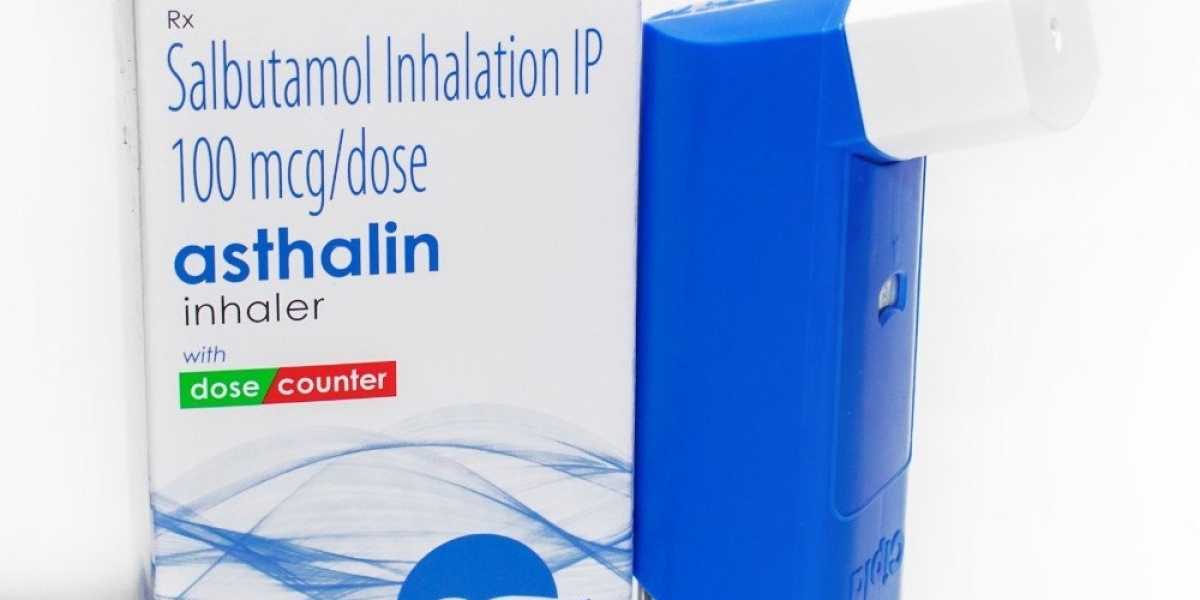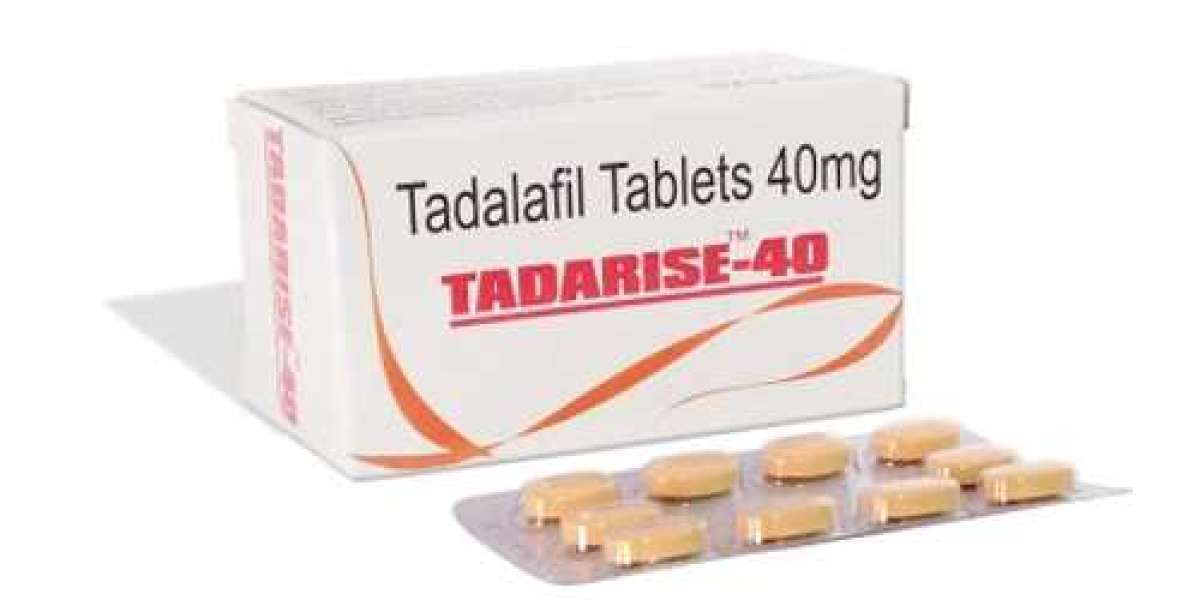Asthalin inhalers are a popular treatment for asthma and chronic obstructive pulmonary disease. These inhalers include salbutamol, a medication classified as short-acting beta-agonists (SABA). But how successful are Asthalin inhalers in treating respiratory symptoms? Let's have a closer look.
How Asthalin Inhalers Work
Asthalin inhalers relax the muscles in the airways, allowing them to open up and make breathing easier. When you use an Asthalin inhaler, salbutamol is administered straight to your lungs, where it can quickly begin to ease symptoms. Salbutamol relaxes the smooth muscles of the airways by acting on their beta-2 receptors. This opens up the airways and lowers airflow obstruction, which is the root cause of symptoms such as wheezing, coughing, chest tightness, and shortness of breath.
Effectiveness in Treating Asthma
Asthalin inhalers are very successful at treating asthma symptoms. They are classified as "rescue" or "reliever" medications, which means they provide immediate relief when you have asthma symptoms. Research has demonstrated that Asthalin inhalers can:
- Improve lung function within minutes of use
- Reduce symptoms like wheezing and shortness of breath
- Prevent exercise-induced asthma symptoms when used before physical activity
Asthalin inhalers are an important aspect of asthma care, but they are not a long-term solution. They should be taken in conjunction with long-term controller medication such as inhaled corticosteroids to keep asthma under control and prevent symptoms from developing in the first place.
Effectiveness in Treating COPD
Asthalin inhalers can also be used to treat COPD symptoms like shortness of breath, wheezing, and coughing. While they are not a cure for COPD, they can help with symptoms and quality of life. Research has demonstrated that Asthalin inhalers can:
- Improve lung function in people with COPD
- Reduce the frequency and severity of COPD exacerbations (flare-ups)
- Improve exercise tolerance and daily activities
However, it is vital to highlight that Asthalin inhalers are less effective for COPD than for asthma. People with COPD may need to use their inhalers more frequently or use a mix of drugs to adequately control their symptoms.
Proper Use of Asthalin Inhalers
To get the most benefit from your Asthalin inhaler, it's important to use it correctly. Here are some tips:
- Always follow the instructions provided with your inhaler and use it as directed by your doctor.
- Shake the inhaler well before each use.
- Breathe out fully before using the inhaler.
- Place the mouthpiece in your mouth and close your lips around it.
- Breathe in slowly and deeply while pressing down on the canister.
- Hold your breath for 10 seconds after inhaling, and then breathe out slowly.
- Rinse your mouth with water after using the inhaler to prevent throat irritation.
Potential Side Effects
Asthalin inhalers are generally well-tolerated, but like all medications, they can cause side effects. Some common side effects include:
- Tremor or shakiness
- Headache
- Increased heart rate
- Throat irritation
Most side effects are mild and go away on their own. However, if you experience severe side effects or if your symptoms worsen, contact your doctor right away.
Conclusion
Asthalin inhalers are a useful and necessary medication for controlling asthma and COPD symptoms. They provide fast relief from symptoms and can enhance lung function and quality of life. However, it is critical to take your Asthalin inhaler appropriately and in conjunction with other drugs as prescribed by your doctor. If you have any concerns about your Asthalin inhaler or are not receiving the relief you require, consult your doctor about changing your treatment plan. Remember that Asthalin inhalers can provide relief, but they are not a cure for asthma or COPD. It's critical to collaborate closely with your doctor to manage your disease and avoid symptoms from developing in the first place.
Read here for more: Generic Cures









